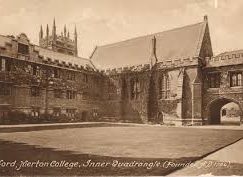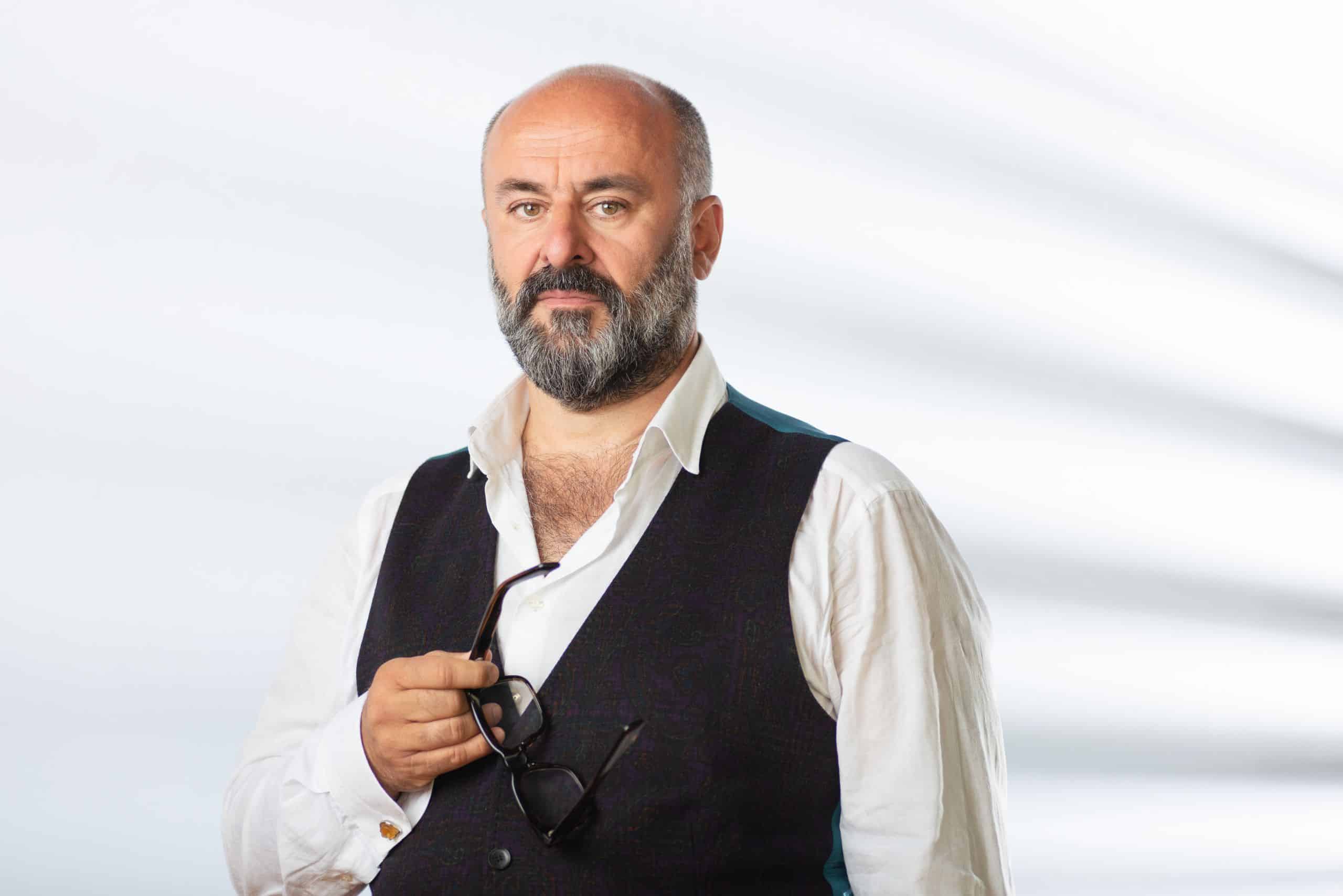Oxford mourns a Leavis
mainRalph Leavis, son of the university’s dominant literary scholars, has died in hospital after a short illness and a lonely life. He was 85.
A child of ‘Mozartian brilliance’, he fell out with his combative Jewish mother Queenie and would only communicate, albeit sparingly with his dogmatic father, Dr F. R. Leavis. Ralph seems to have spent much of his life hanging around the music faculty, a found of wisdom whom few consulted. He wrote several learned articles and a host of letters containing corrections to musicological journals.
Claire Tomalin, who was at university with him, ‘found communication with him almost impossible as he remained entirely silent outside class.’ He avoided company, albeit without rancour.
Here’s what the Faculty of Music have published:
We are sorry to announce that Mr. Ralph Leavis died in the JR Hospital on Sunday 6 October after a short illness. One of our long-standing librarians, Gregory ‘Tigger’ Burton says a few words:
“Ralph, or ‘Mr. Leavis’ as we always addressed him, attended Dartington Hall School between 1946 and 1950. He matriculated Lincoln College in 1951 and obtained First Class Honours in Music in 1954. Although he had been a regular reader in both the Music Faculty Library and the Bodleian Library for as long as anyone can remember, we knew very little of his personal circumstances as he was very much a ‘private’ person. Having said that, he would always give a firm and direct response to anyone who took the trouble to engage in conversation, but would not wish to engage in small-talk beyond sharing the occasional cartoon or music-related anecdote from the newspapers.
It is rumoured that he was a child prodigy on the piano and there was a period in his life when he engaged in much music making. Mr. Leavis had a photographic memory and, as well as carrying musical scores in his head, he was intimately acquainted with the Library of Congress Numbering System; this gave rise to the occasional note addressed to Library Staff explaining why some of the Chamber Music in the Library was incorrectly numbered. He took an interest in current affairs and from time to time would write to the Oxford Mail with sometimes controversial views.
Ralph leaves a sister and a brother who have expressed a wish for a private cremation. Shortly before he died, Mr. Leavis had expressed a wish to promote a recital of lesser known musical treasures in the Faculty Library – perhaps this is something we could explore in due course. Mr. Leavis will be much missed in the Library.”







What a sad epitaph.
And perhaps a final, and deserved, condemnation of F.R. and Q.D. who, whatever their achievements, were monstrous people.
F.R. and Q.D. Leavis were Cantabrigians not Oxonians.
I was advised not to try to talk to Ralph Leavis by a postgraduate friend on my arrival in Oxford in the eighties (he was a conspicuous figure in the faculty library most days). Looking back, I now assume he had Asperger’s.
I never saw him out of a ragged gown and recall being told he had simply written out the originals from memory for the stylistic composition papers in finals. I’m not sure he didn’t play one of the Mozart piano concertos when the whole lot were performed in a single day at Oxford.
At the time, Lincoln very decently allowed him to retain a pigeon hole at the college. I hope that continued to be the case.
He was clearly on the autistic spectrum. As a result I fear there will be few to mourn him.
Poor old Ralph; when I was secretary of OUMCU he and Edward Higginbottom were the senior members. I remember in one meeting I started eating an apple and he looked across with a glint in his eye and pulled an apple out of his bag and joined in. He did exchange the odd word about poetry (he knew I was reading English) and gave me the odd scholary article he had published.
After one concert that my predecessor had organised he asked me afterwards whether the soprano had actualy auditioned (she was rather poor!) I was told that after each concert Ralph would lock up the Holywell Music Room and this had gone on for years. I actually asked him if I could lock up for him and he seemed delighted not to be taken for granted..and asked me to do so so he could catch his bus and not wait ages for the next one.
He dressed like the proverbial tramp with frayed trousers and old shoes and when I saw him in Jericho just 2 weeks or so ago it looked like the same clothes even worse for wear. In the Holywell before it was poshed up we used to put together a monthly concert calendar he compiled (with the odd witty comment from Mr Verdant Green). As he lived in digs in a small room he dumped his old correspondence with FR in the Holywell; I suppose one could have sold it to an American University library!
On the rare occasions he spoke it was clear that his knowledge of music was extraordinary. R.I.P.
I used to work for a homeless charity in Oxford. Mr Leavis was referred to us as someone vulnerably housed. We supported Ralph as much as we could. Although generally refusing to engage with us, I found Mr Leavis unfailingly polite, albeit a little stubborn. I used to see Mr Leavis often in town, and always stopped to say hello. Unfortunately, towards the end of his life, Mr Leavis was taken advantage of by a few undesirable individuals. I came across this page after doing a google search to find out how he was. I am sorry to hear he has passed, I hope he is finally at peace.
As a music undergraduate in the 1990s I was always aware of Ralph. My school music teacher (Jesus, 1962ish) told me his finals recital was legendary and that he had eyeballed the audience directly throughout his impeccable performance.
My most vivid memories of him were as a part time librarian at the Bodleian in 1995/6 just after graduating . He was a daily visitor to the music room. One day we inadvertently trapped his already ragged gown in the music room door when closing – he was very distressed.
I remember him with great fondness as a true Oxford character for the years I was there but also as someone who was an excellent and well respected musician, if entirely misunderstood.